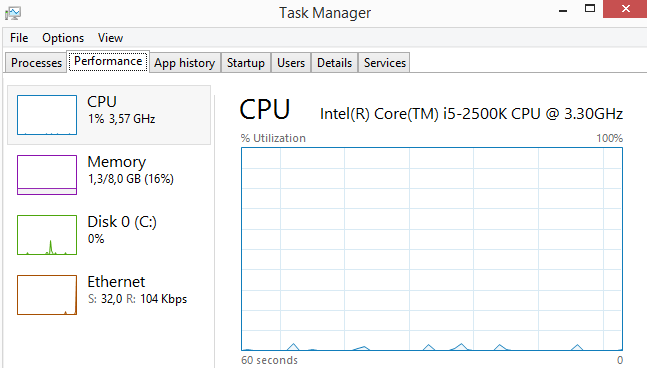Mozilla Begins Work on Firefox Metro Version
If you have followed the development progress of Microsoft's upcoming operating system Windows 8 closely, you may know that it ships with two different versions of the Internet Explorer browser. First a standard desktop version of Internet Explorer 10, and then a second version for the new Metro user interface part of the operating system.
This opens up a new predicament for other browser developers as their browsers suddenly only work in one part of the operating system, and not the other. While it is possible to install browsers like Chrome, Firefox or Opera in Windows 8, they only work in the desktop environment and not the Metro UI part of the browser.
Mozilla were the first to announce that they would start to develop a Metro UI compatible version of the Firefox web browser to make the browser available in the Metro interface as well.
Development has begun on the new version, and the developers plan to release a proof of concept demo in the second quarter.
In order to deliver a compelling Firefox for Windows 8 Metro experience, we need to understand what's possible. A technology proof of concept is the first step. This is not a Alpha or a Beta, but should demonstrate the feasibility of Firefox in Windows 8 Metro. (Timing here is dependent on when Microsoft releases their Windows 8 consumer preview and developer documentation.)
Mozilla developer Brian Bondy revealed additional information about the Metro version of the Firefox browser in a blog post. According to this post, Mozilla can build a Metro browser that is equally powerful as the desktop browser. One restriction seems a bit odd.
Unfortunately a browser can only participate in Metro mode if it is the default browser. So if Firefox is not the default browser on a system, you can't use it in Metro mode. This is a decision made by Microsoft.
This basically means that Firefox can only be used in the Metro UI if it is the default system browser. It is also not clear at this point in time how the web browser will be distributed.
Mozilla's move to develop a Metro UI version of Firefox makes sense in a number of ways, including usability and consistency. Firefox users who work with the browser on the desktop, may for instance prefer to access their browser bookmarks and information in the Metro version, instead of having to work with Microsoft's Internet Explorer 10 there.
Advertisement



















I find myself not caring that I am using IE on my windows phone. I have an app that gives me my Opera bookmarks in an easy to use interface.
Metro Integrated browsing will be bothersome for other browsers I imagine.
more interested in a Metro Thunderbird (because of live email updates showing in a Tile) than a Metro Firefox.